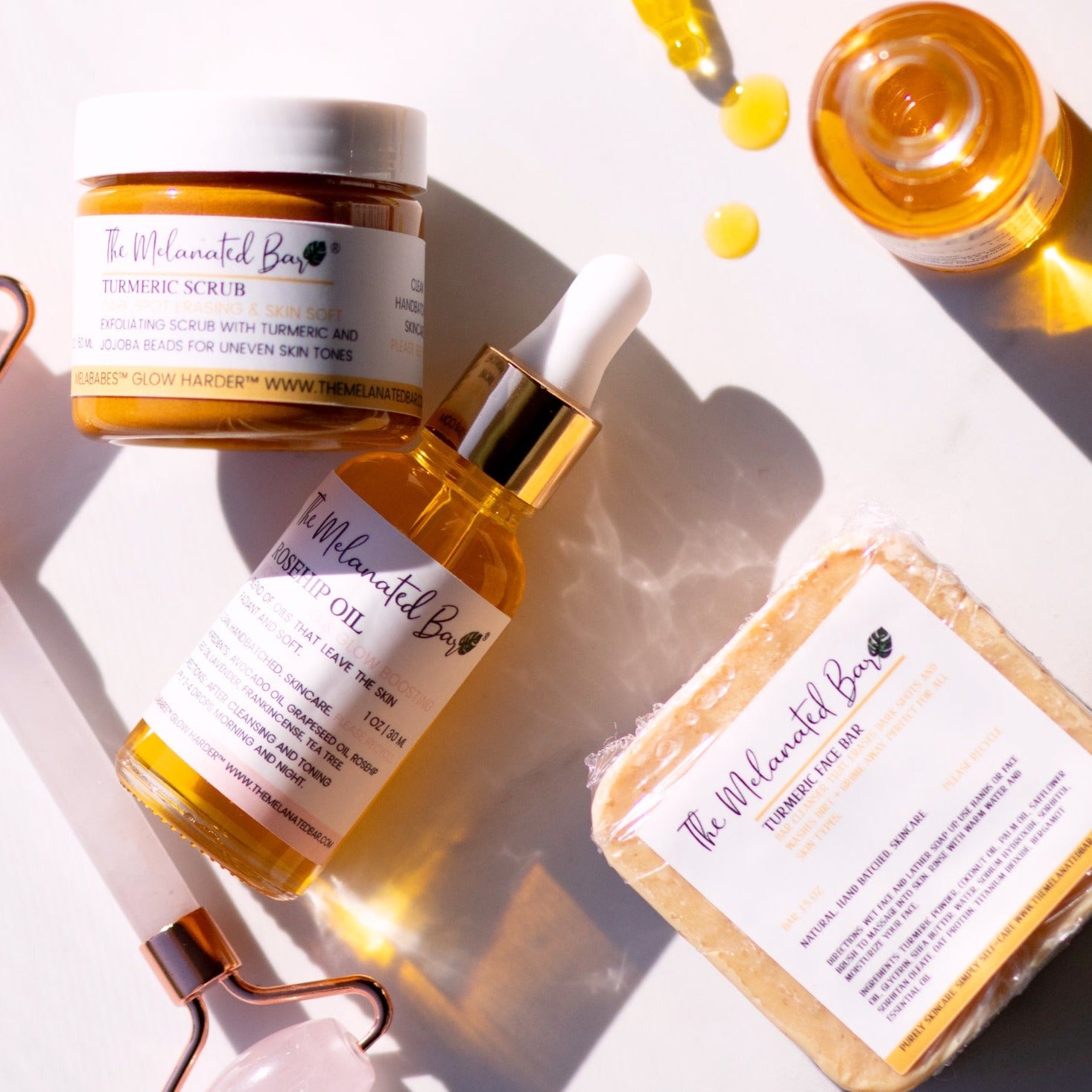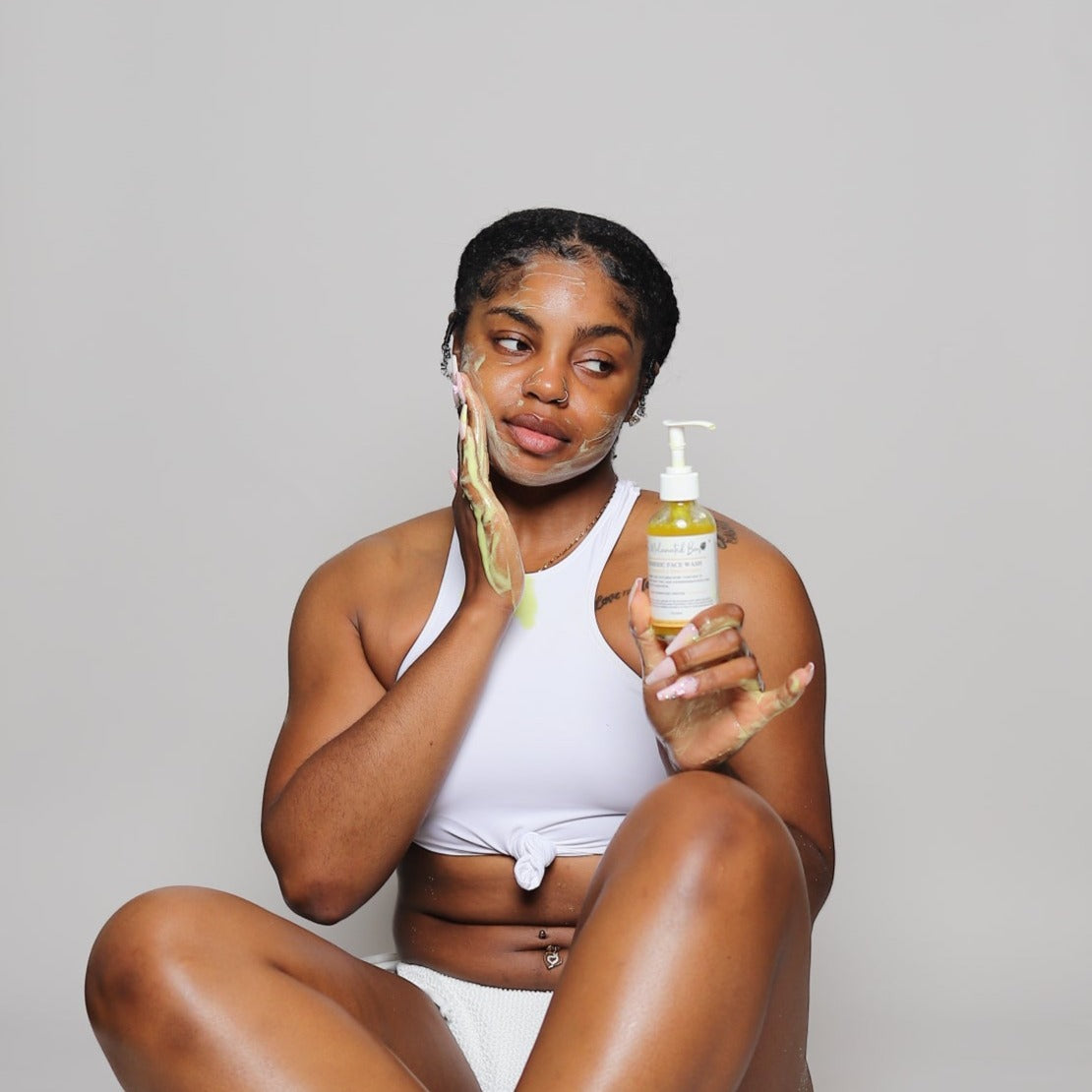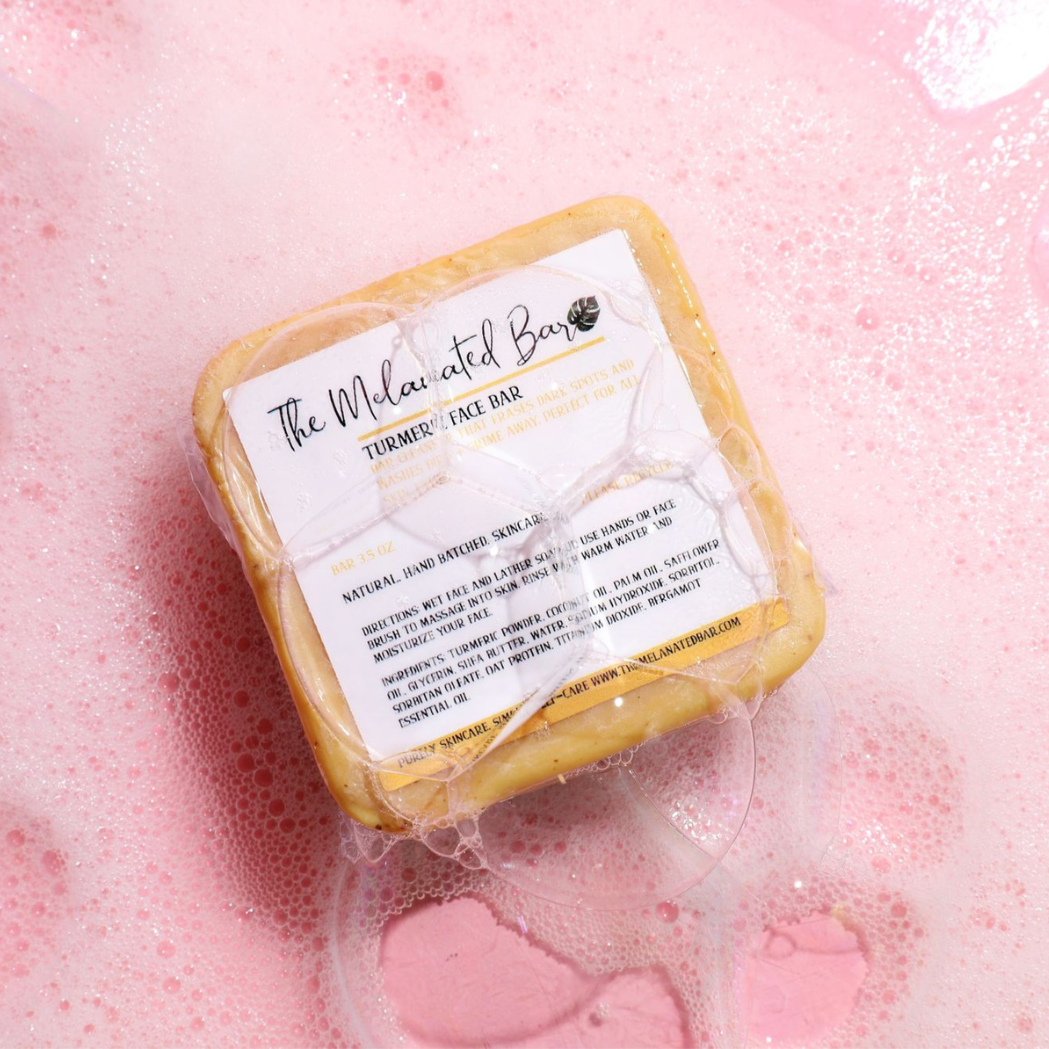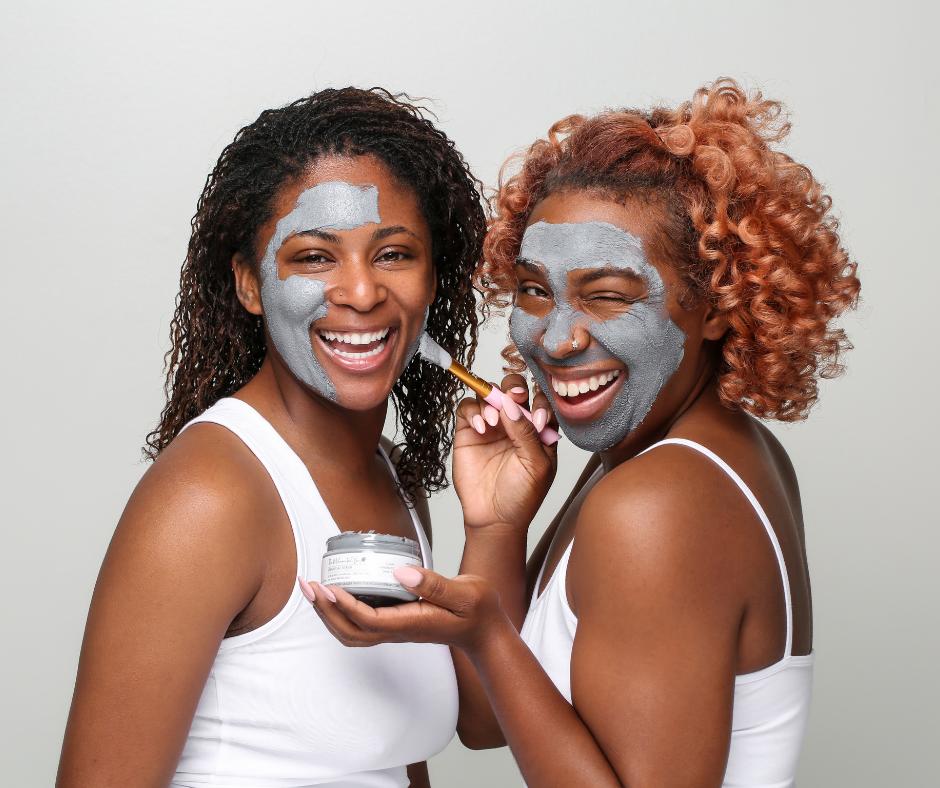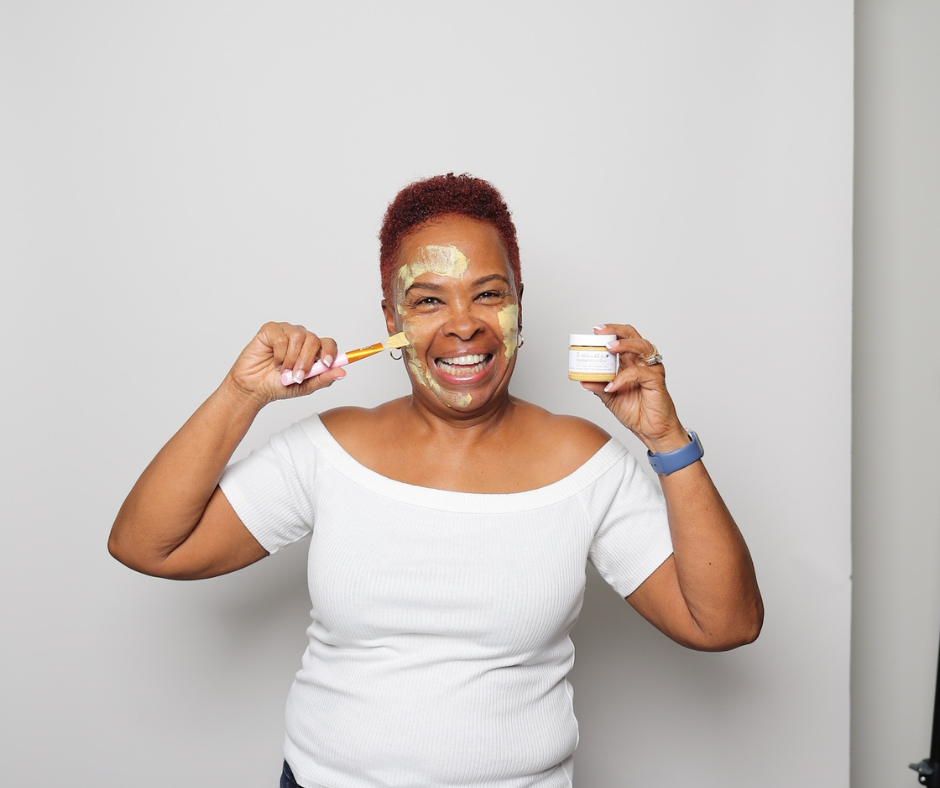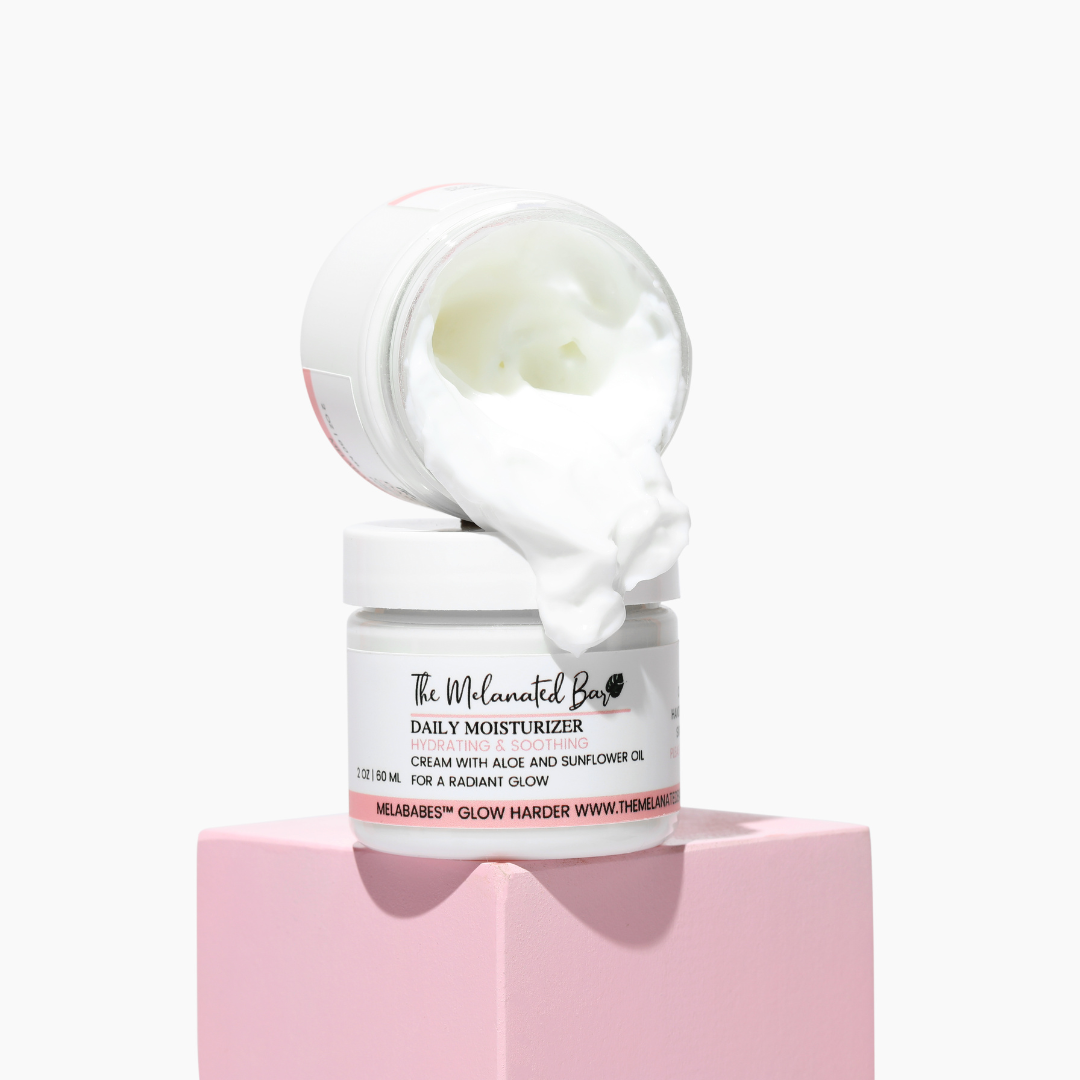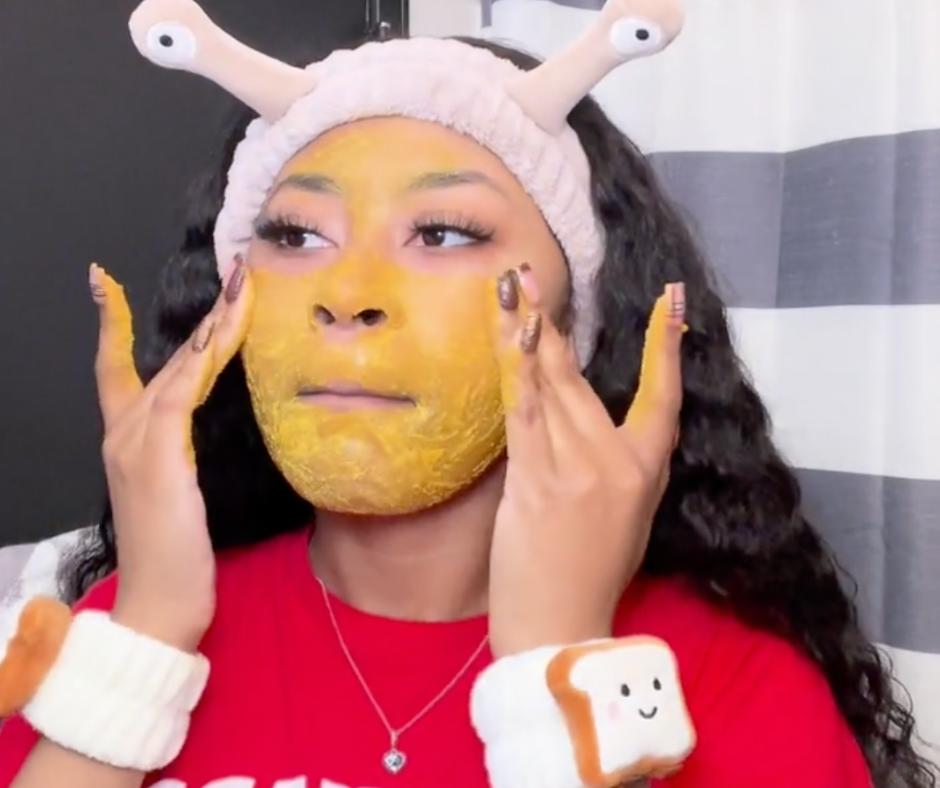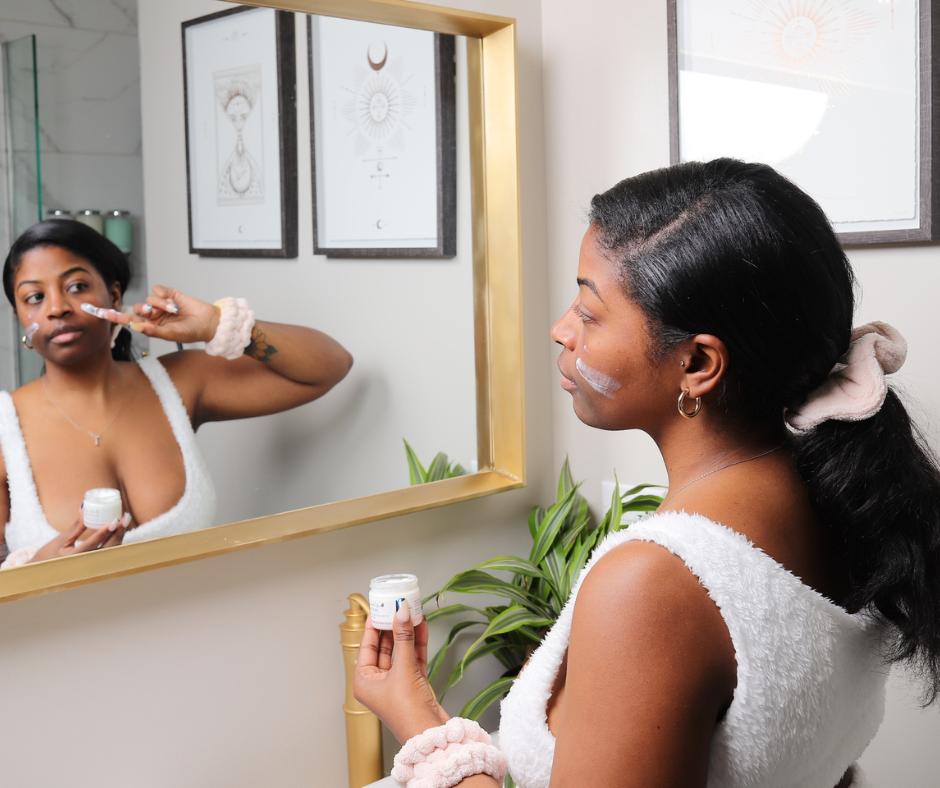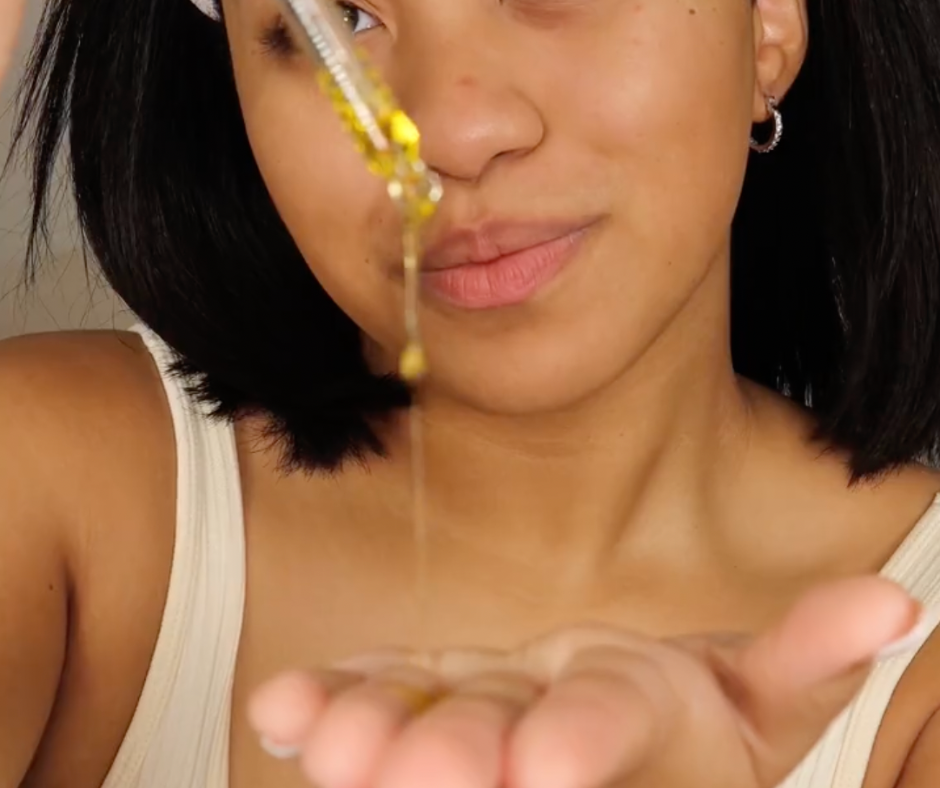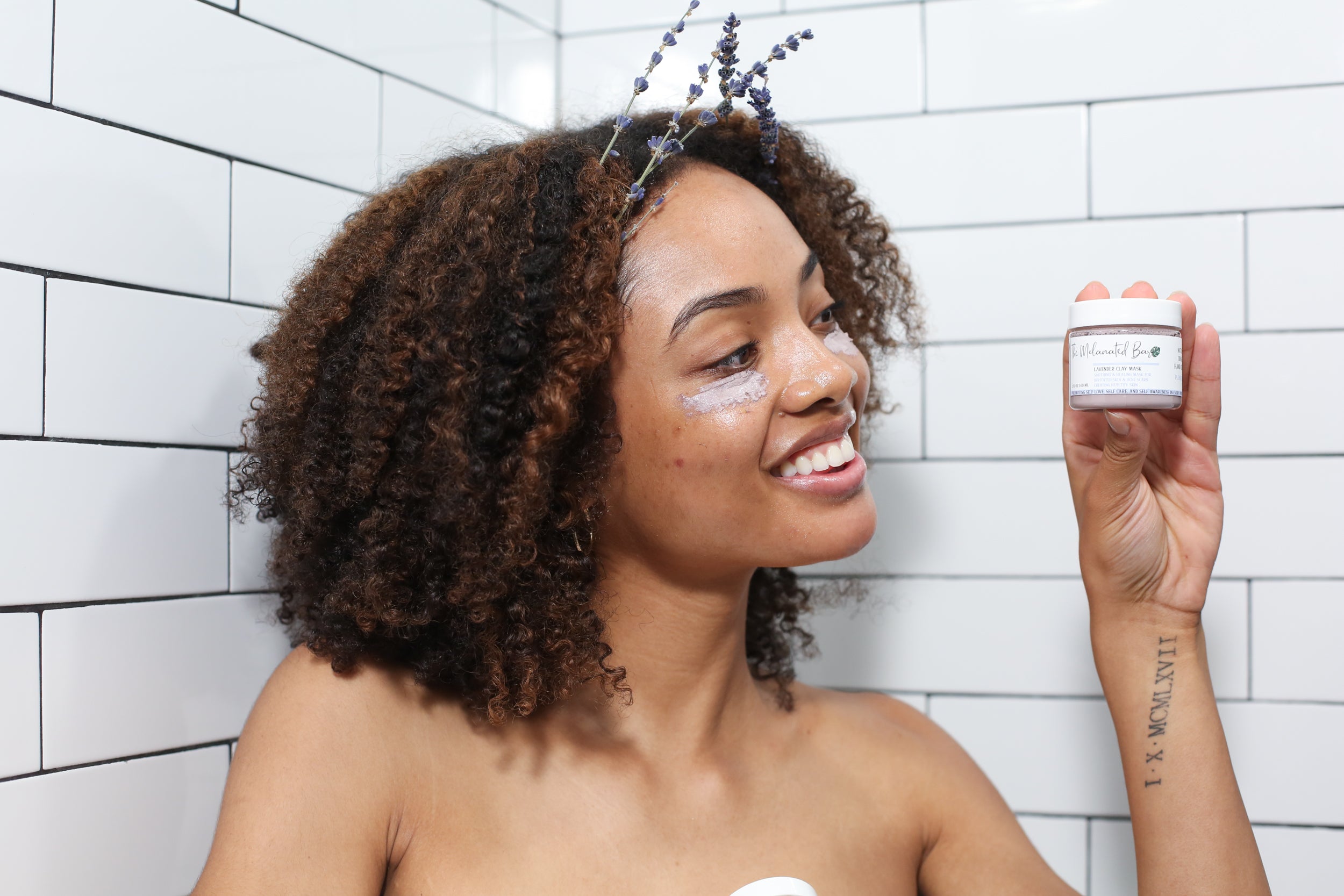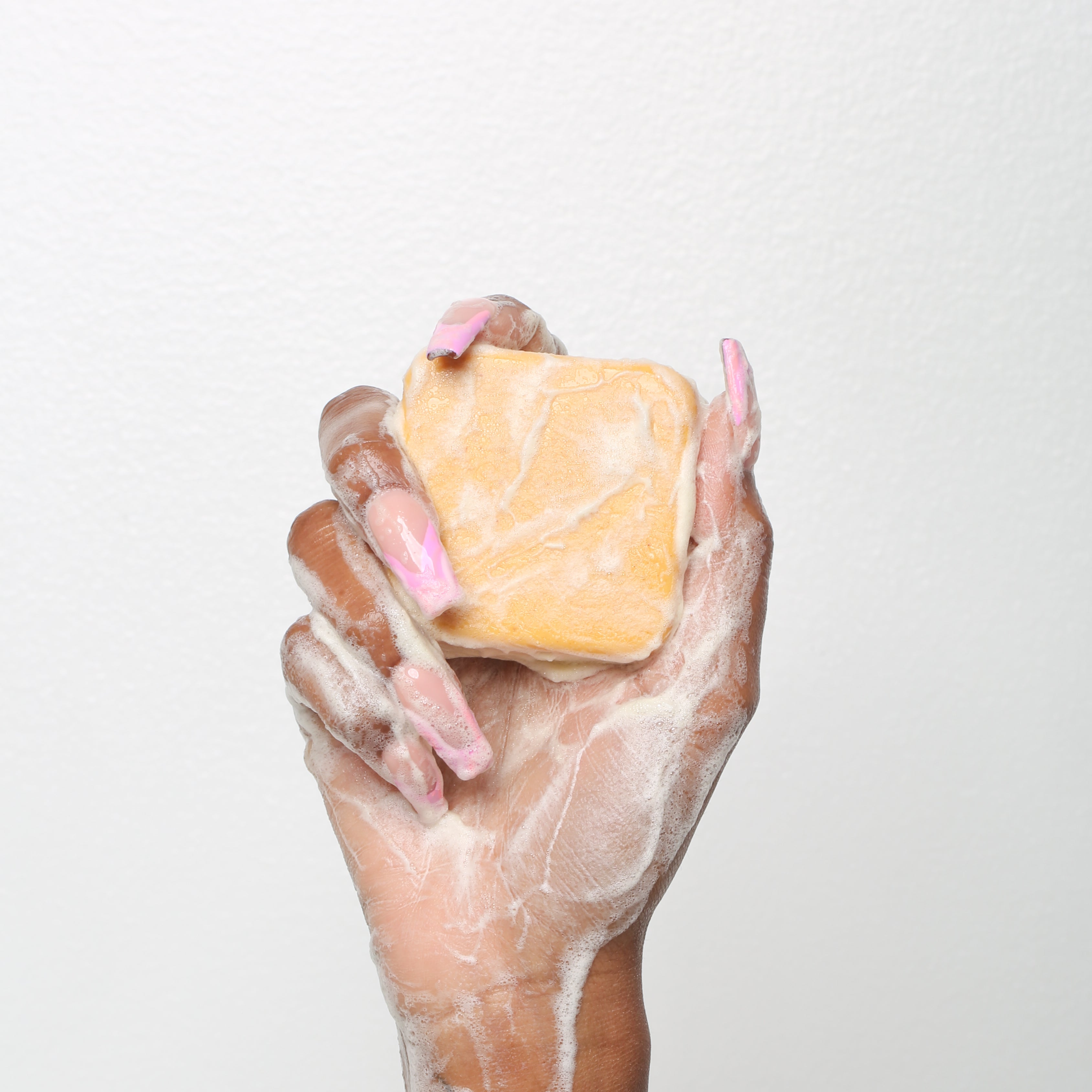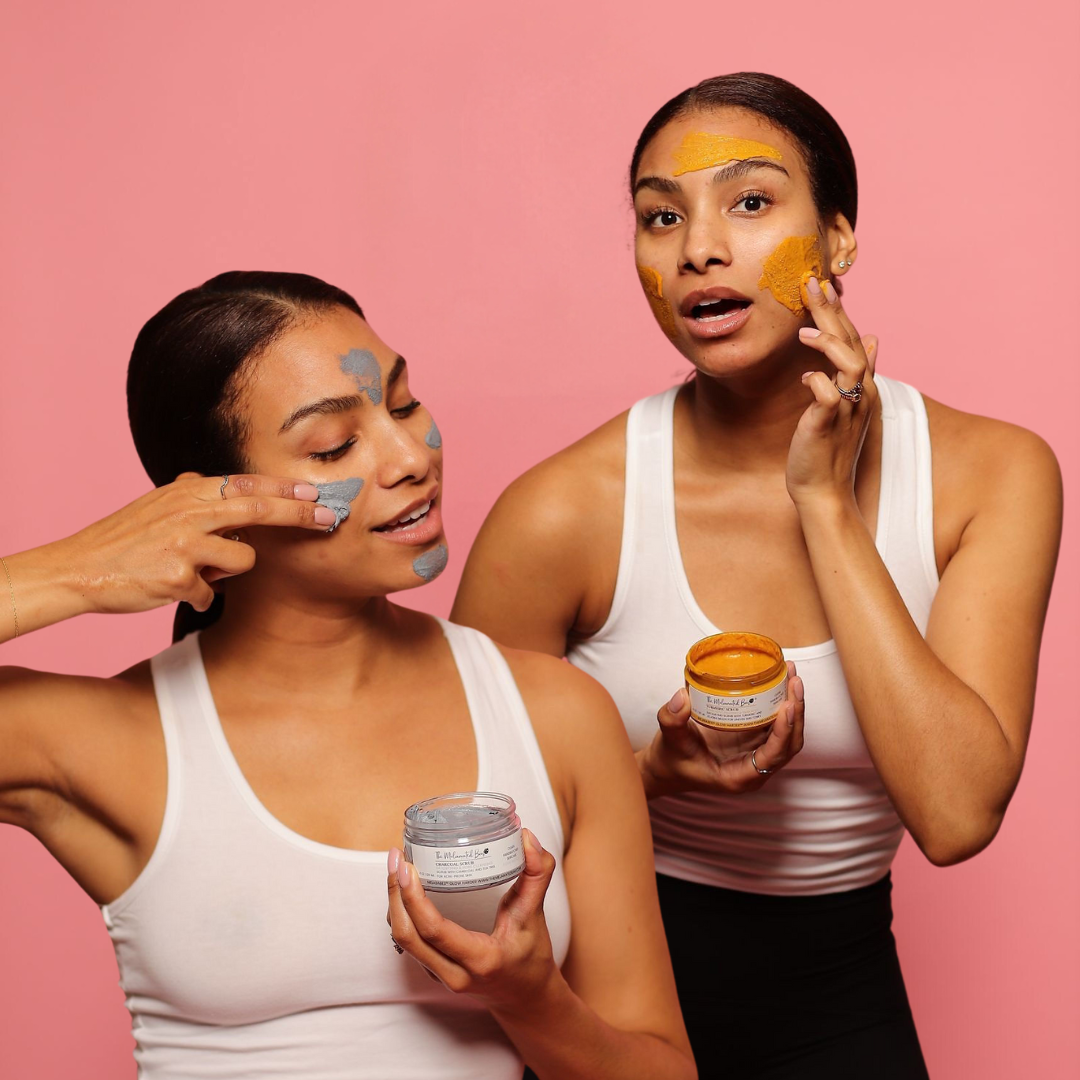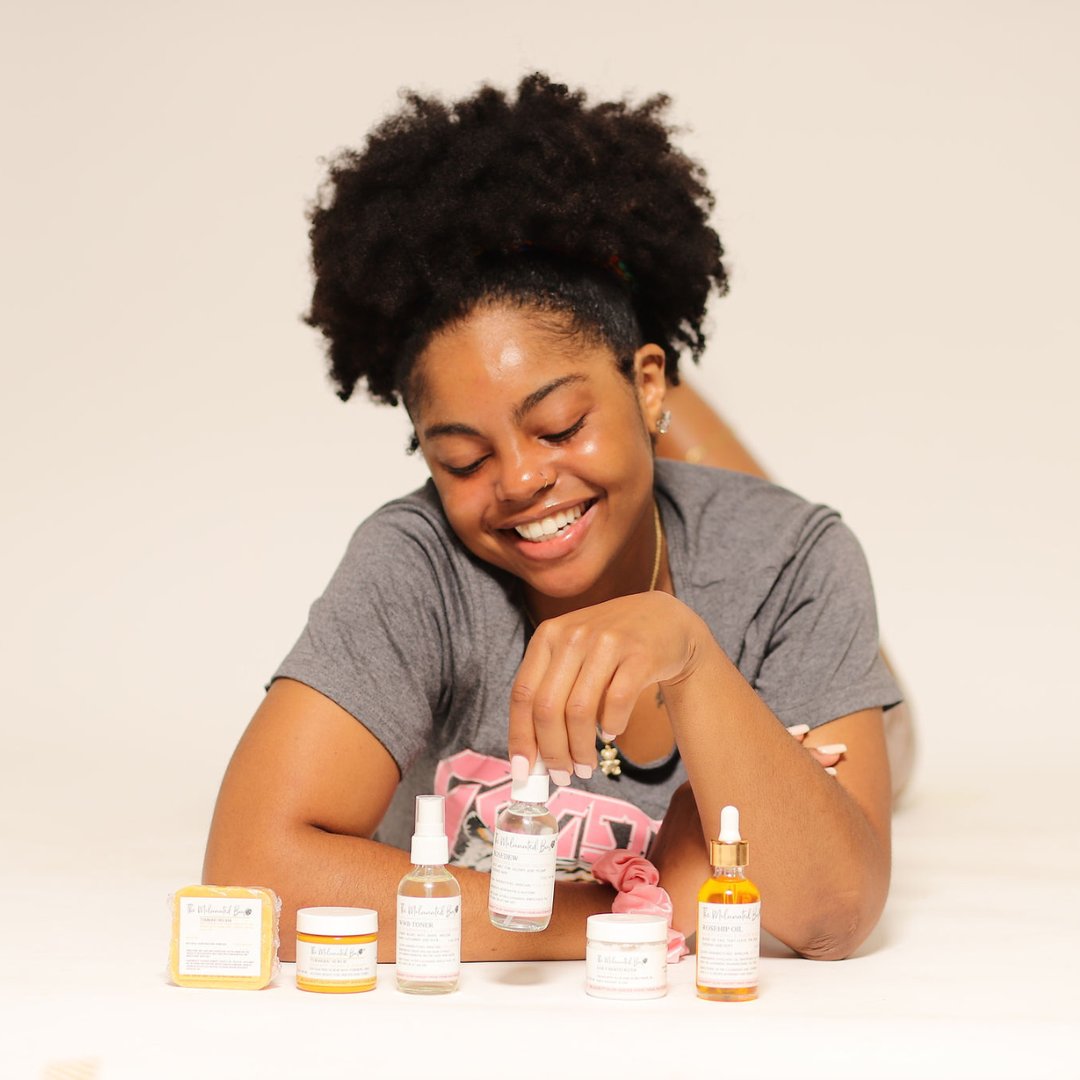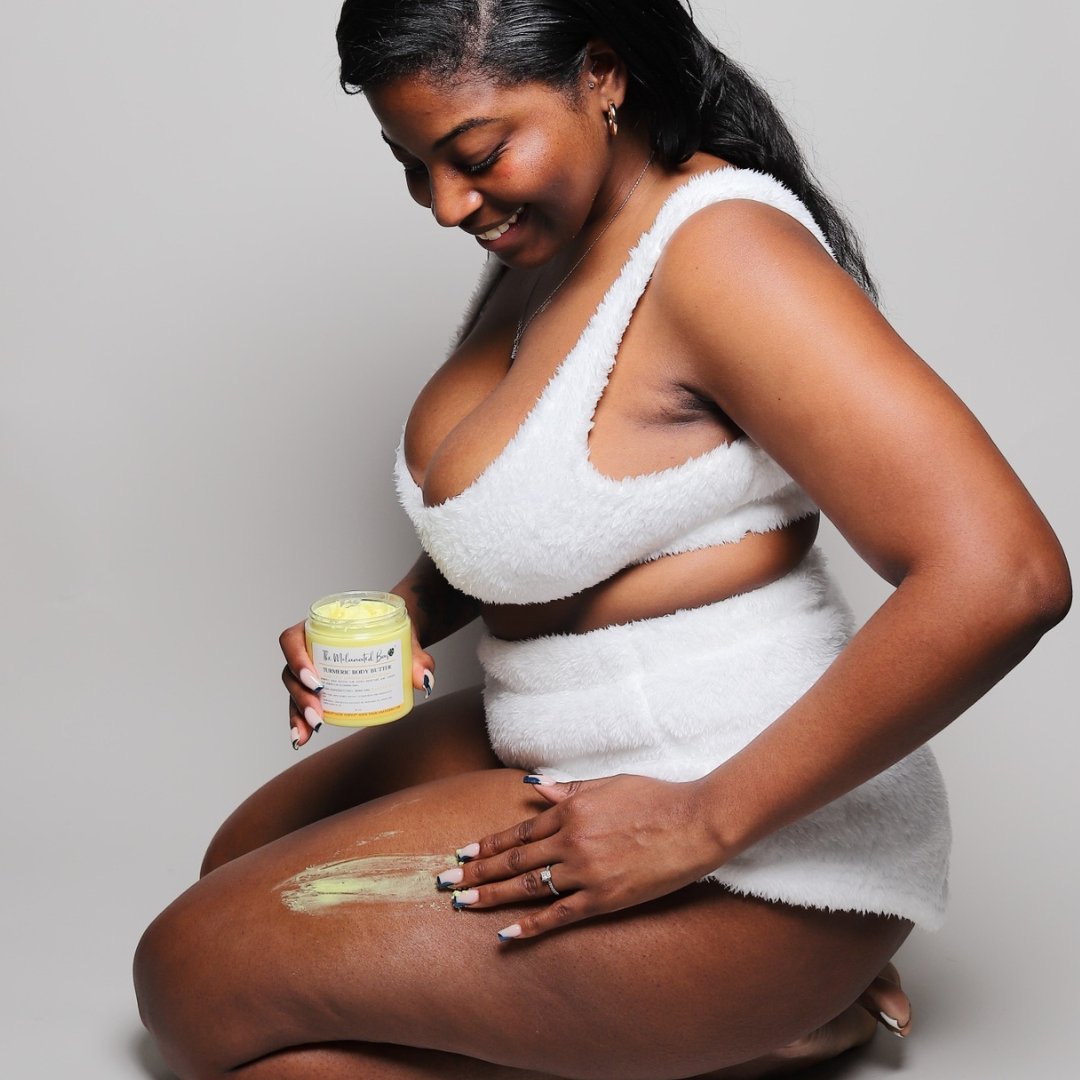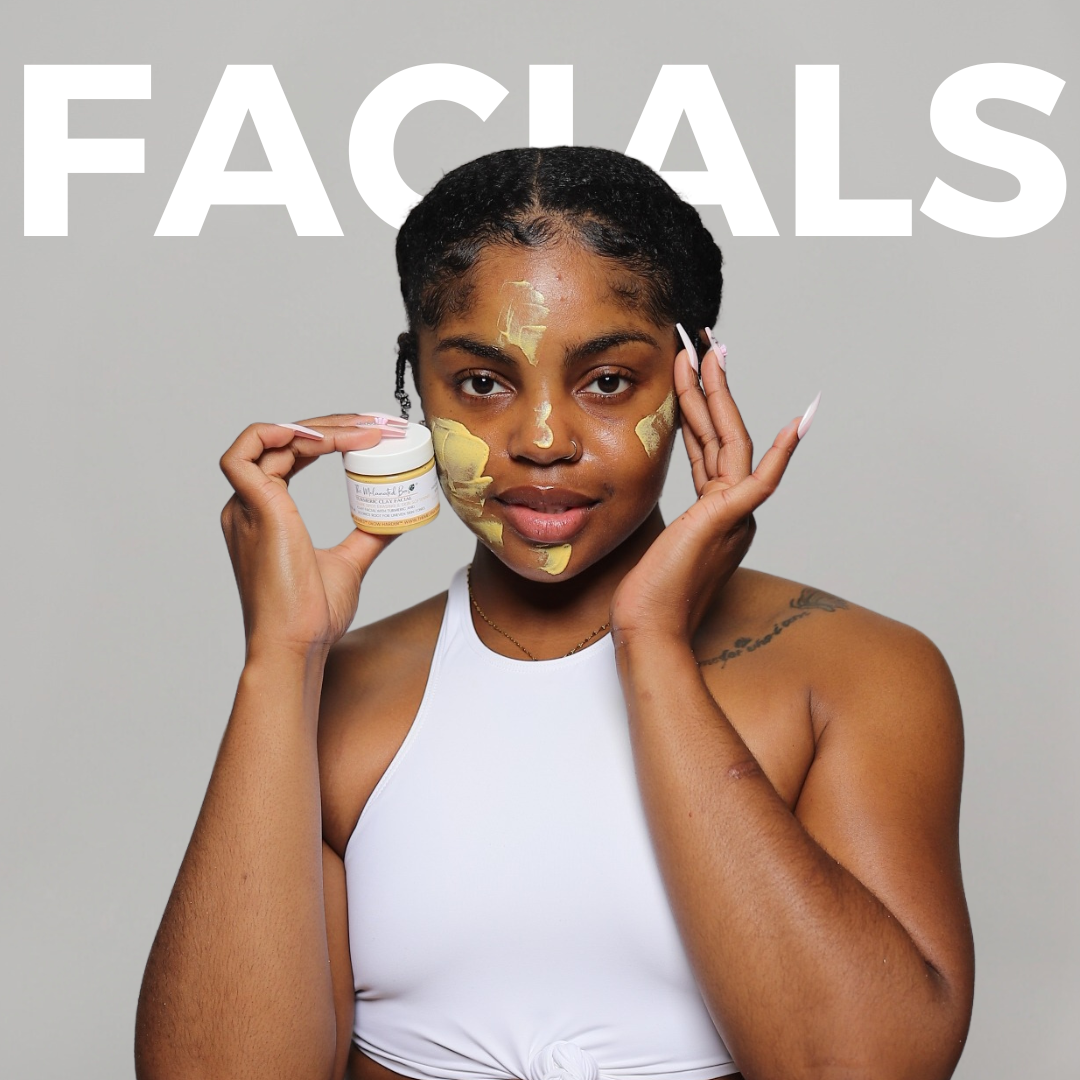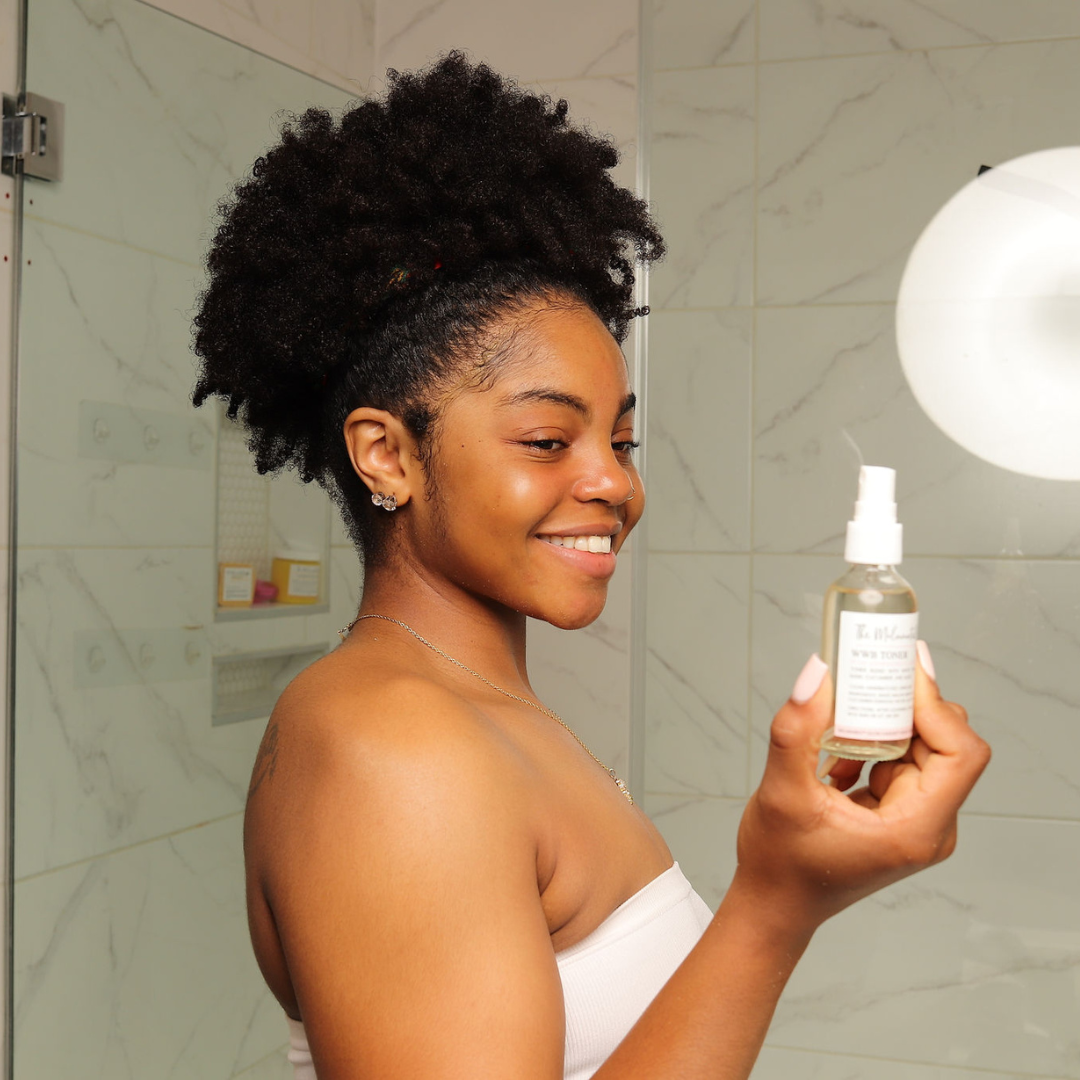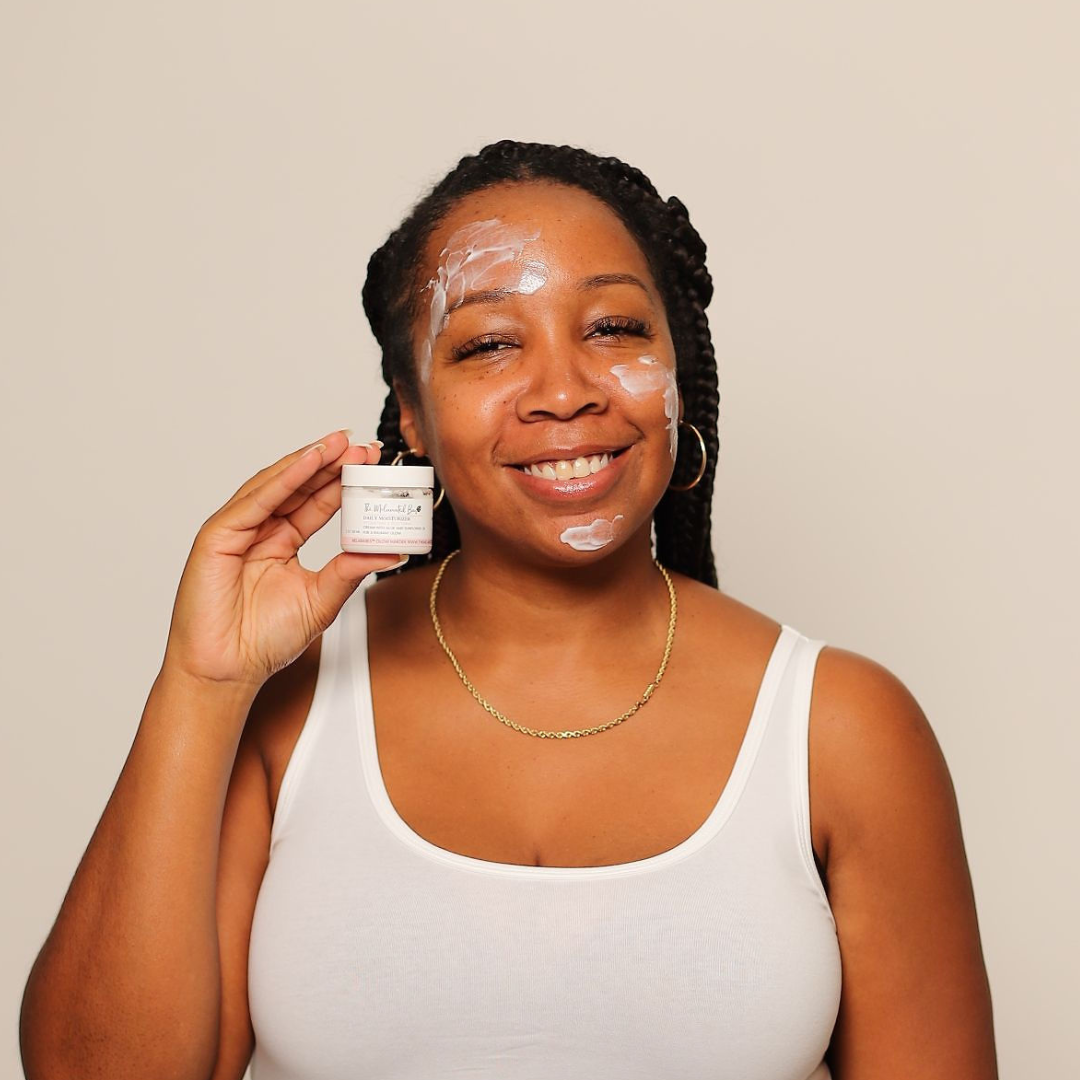Why Do I Keep Getting Dark Spots?
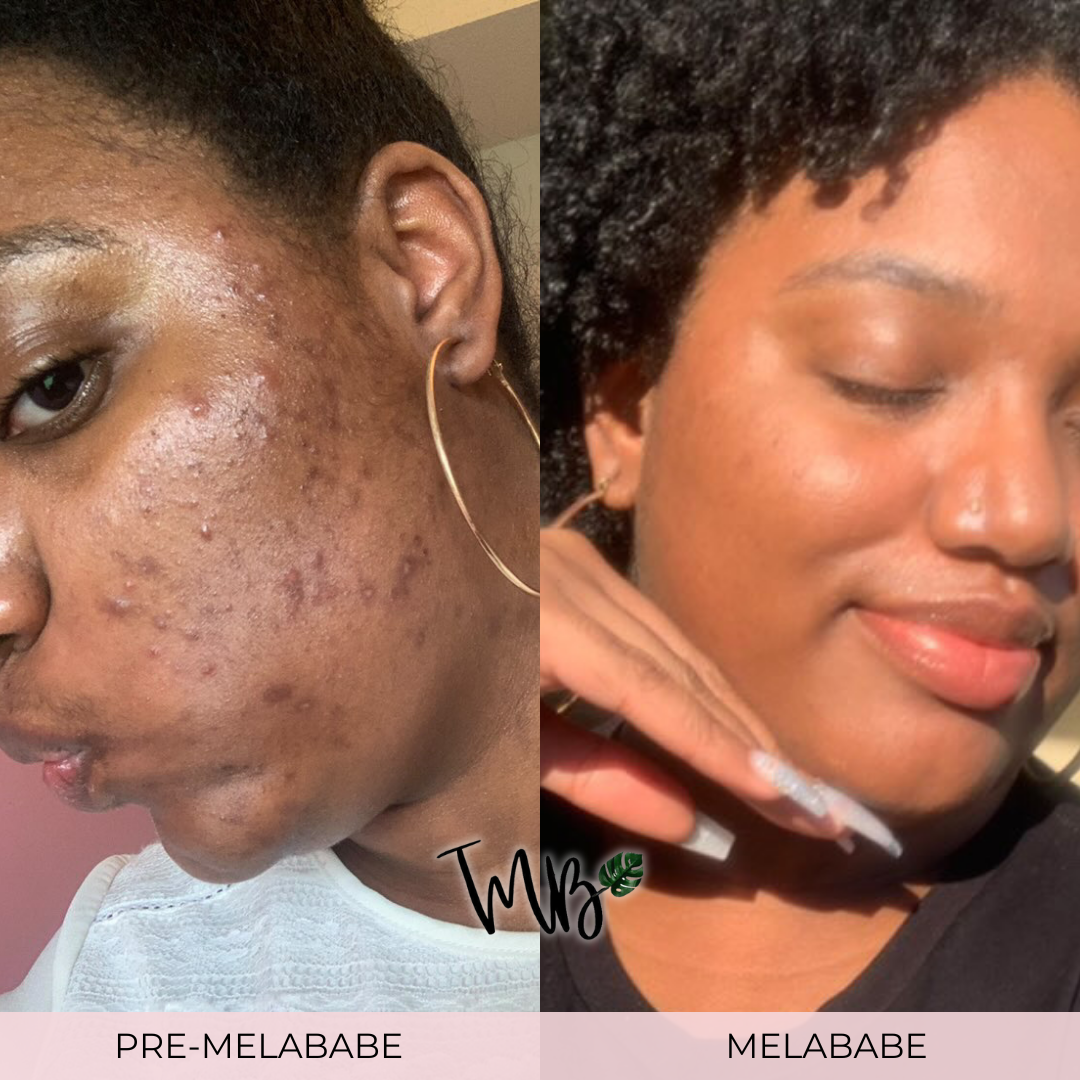
If you've ever looked in the mirror and found yourself wondering about those dark spots that seem to have popped up on your skin out of nowhere, you're certainly not alone. Dark spots or hyperpigmentation can be a significant cause for concern and distress. But the good news is that understanding how they form and the various types can help you create a targeted plan to get rid of them.
How Dark Spots Are Formed
Dark spots or hyperpigmentation arise when the skin produces more melanin – the pigment responsible for your skin's color – than usual. This overproduction of melanin can be triggered by various factors, such as:
- Sun Exposure: Ultraviolet (UV) rays from the sun stimulate melanocytes (melanin-producing cells) to produce more melanin, leading to darker spots. The dark spots can appear either as a result of general sun exposure or stepping out without sunscreen protection.
- Hormonal Changes: Fluctuations in hormone levels have been linked to increased melanin production. Pregnant women and those on birth control pills or hormone replacement therapy are more susceptible to dark spots because of these hormonal changes.
- Inflammation: Inflammatory skin conditions like acne, eczema, or psoriasis can cause inflammation, which can lead to the formation of dark spots after the inflammation subsides.
- Skin Aging: As we age, our skin cells become less efficient at regulating melanin production, causing dark spots to emerge more frequently.
- Genetic Factors: Some people may naturally have a greater predisposition to developing dark spots due to their genetic makeup.
Different Kinds of Dark Spots
Dark spots come in various forms and can be classified based on their causes and appearances:
- Age Spots: Also known as liver spots or solar lentigines, age spots are small, flat, brown spots on the skin that are caused by sun exposure and the natural aging process.
- Melasma: It is a condition characterized by brownish patches of pigmentation, mainly on the cheeks, forehead, upper lip, and chin. Melasma is commonly triggered by hormonal changes and UV exposure.
- Post-Inflammatory Hyperpigmentation (PIH): As previously mentioned, this type of dark spot develops following inflammation, such as after acne lesions or other skin injuries. PIH appears as dark patches or spots that are typically elevated and more localized on the skin.
- Freckles: Freckles are small, flat, pigmented spots caused by sun exposure. They are genetic and typically appear on the face, arms, and chest.
What You Can Do About Getting Rid of Dark Spots
While dark spots can vary in type and cause, there is hope when it comes to addressing them. Here are some tips and recommendations to help you get rid of those stubborn dark spots:
- Sun protection: Prevention is the best defense against dark spots. Minimize sun exposure and wear broad-spectrum sunscreen with at least SPF 30 daily – even on cloudy days or during the winter months.
- Topical treatments: Incorporate skincare products with ingredients that can lighten dark spots, such as turmeric, vitamin C, and glycolic acid. Use a Turmeric Face Wash to cleanse your skin while taking advantage of turmeric's natural skin-lightening and anti-inflammatory properties.
- Skin Care Kits: Invest in a skincare kit specifically designed to target dark spots, such as the Glow Kit. This kit includes a turmeric face wash, toner, serum, and moisturizer, all working in synergy to help brighten your skin and eliminate dark spots.
- Professional treatments: If your dark spots prove especially stubborn, consult a dermatologist who may recommend treatments such as chemical peels, microdermabrasion, or laser therapy to address the issue.
Dark spots can be frustrating, but understanding their formation and the different types can be empowering. With the right skincare routine and a targeted approach, you can say goodbye to those pesky dark spots for good. So why not give the Turmeric Face Wash and the Glow Kit a try and see the transformative power of turmeric as part of your skincare routine? Visit The Turmeric Shop to discover more about how it can help you achieve a glowing, more even complexion.
0 comments

